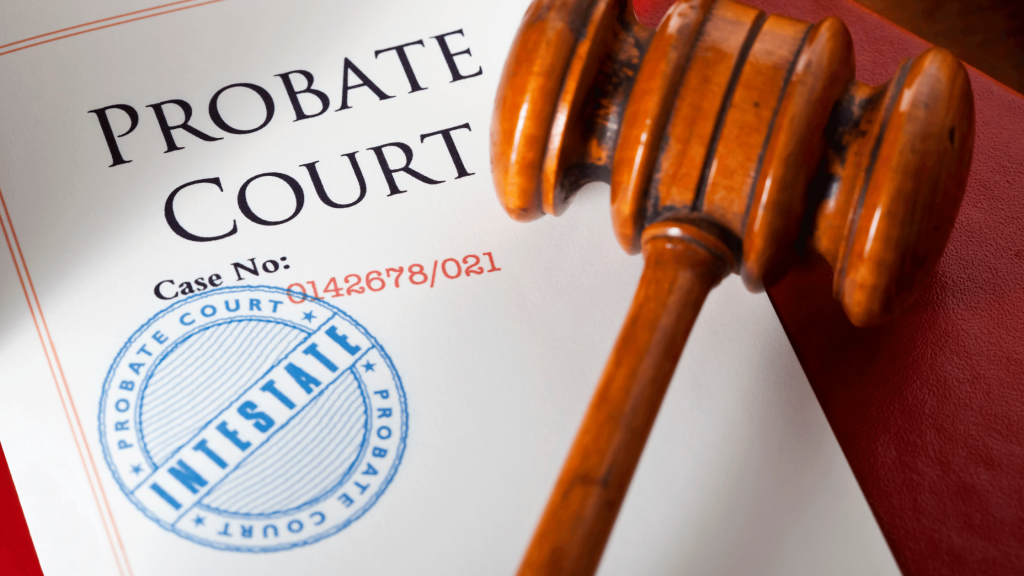Buying a home can be a confusing process and buying a probate property comes with its own special set of rules and even a special purchase contract. It also involves a series of court-regulated steps that need to be carefully monitored and managed.
To help you understand the probate and trust sale process, here is a list of some of the steps involved in a typical transaction.
1. Administrator or Executor of the Estate is Appointed
A probate sale can occur for the following reasons.
- No Executor is named by the will.
- The named Executor is unwilling to serve.
- There is no will.
In all three of the above cases, the court appoints an Administrator to carry out these duties. This person has the authority to list and sell the property. They are extremely vital because the sale can’t proceed until that person is identified.
2. Establish a List Price
Once they are named, the Administrator establishes a list price for the probate property. It’s based on a Probate Referee’s Appraisal and a real estate agent’s opinion. This is all done in accordance with the Independent Administration of Estates Act (IAEA). Afterward, the property is listed with a real estate agent or broker.
3. Marketing the Property and Negotiations
Once appointed, the real estate agent markets the probate property to the public. When a buyer is found, they assist the seller in negotiating terms that are satisfactory to both parties. While some people believe that probate properties are “deals,” the range of offers is somewhat limited. This is because an accepted offer must be 90% or more of the Probate Referee’s appraised value.
4. Terms Are Stated and Can Be Objected
Once an offer is made A Notice of Proposed Action is mailed to all heirs. This action simply states all the terms of the proposed sale. The heirs have 15 days to review the notice and pose any objections. If there are no objections, the sale may proceed without a court hearing.
However, the following are two situations where the probate sale would go to court.
- If the Administrator does not have full independent powers under IAEA.
- If one of the heirs poses an objection to the Notice of Proposed Action.
Additionally, those scenarios require notice of the sale to be published in a generally distributed local newspaper.
5. Court Date is Filed
The attorney for the estate then applies for a court date – or “confirmation hearing” – when the sale will be executed. Generally, the court date is within 30 to 45 days of the date the application is filed. A copy of the application and details concerning the sale are mailed to all interested parties.
6. Court Confirmation Hearing
During the court confirmation hearing, other buyers can attend and “overbid” the buyer whose offer has been accepted. To successfully overbid, the overbidding party must appear at the hearing. They have to come prepared with a cashier’s check in an amount totaling at least 10% of the minimum overbid price. The minimum overbid is an amount equal to the accepted purchase price, plus 5 percent of that amount, plus $500. The court then determines any further incremented overbidding amounts. If there is more than one overbidder, the highest bid ‘wins.’ The winning bidder gives their cashier’s check to the Administrator, and escrow opens. Escrow then closes approximately 30 to 45 days from the court hearing.
Need Help with Probate Properties?
If you are selling or buying a probate property, you need an experienced and knowledgeable real estate agent by your side. You want someone who can explain the language, the documentation, and the steps in the process. Therefore, this agent should be experienced in probate and trust sales. Clear communications are vital in any real estate transaction. However, they become even more so when it comes to probate properties. If you are looking for the right team of agents, The Shannon Jones Team could be for you. Team leader Shannon Jones is even a Certified Distressed Property Expert. She is extremely knowledgeable about the probate process and can advise you on how to handle it. Furthermore, the team knows a number of real estate attorneys. If that becomes necessary, we can refer you to the right one.
If you’d like to start the probate process, please fill out the form below to get in touch. In the meantime, we’ve included a list of probate properties and other distressed properties that are currently for sale in Long Beach below.
























